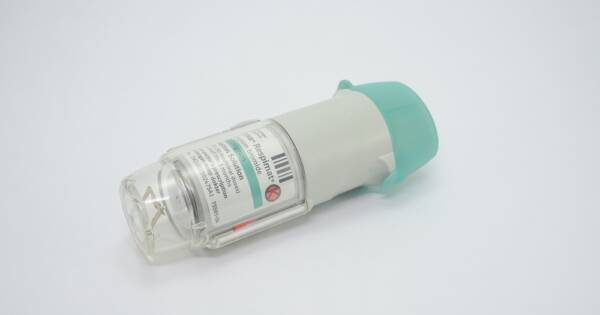Participating in paid depression trials offers a dual opportunity for individuals to access pioneering treatments while contributing to essential mental health research. These trials, which are carefully regulated to ensure participant safety, provide financial compensation and other benefits like free access to study-related care. Navigating trial eligibility and understanding participant obligations are crucial steps to a rewarding experience in this evolving area of medical research. Explore the impactful role these trials play in advancing therapeutic discoveries.
Participating in Paid Depression Trials: An Overview
Clinical trials play a vital role in the advancement of medical research, particularly in mental health. They offer a pathway to test new treatments and interventions, ensuring their efficacy and safety before they are widely available through approved guidelines. For those dealing with depression, participating in these trials provides an opportunity to contribute to important research while potentially accessing cutting-edge treatments that may not yet be accessible to the general public.
These trials are meticulously designed to protect participant safety, usually requiring approval from an institutional review board (IRB) or an independent ethics committee. Understanding the risks, which are comprehensively outlined in the informed consent process, is a crucial part of participation.
The Benefits of Joining Paid Depression Trials
Engaging in depression trials can offer significant benefits beyond personal health improvements. Many trials provide financial compensation, which varies depending on the trial duration, the time commitment required, and the specific nature of the trial itself. For instance, Phase 1 trials, where treatments are least understood, often offer higher payments.
Conversely, Phase IV trials tend to offer lower compensation averaging approximately $400. Participants might also enjoy perks such as free access to the investigational medication, study-related medical care, and even complimentary services like transportation. Participating therefore enables individuals not only to help advance medical research but also to receive financial rewards for their efforts and contributions.
Finding the Right Trial
Identifying suitable clinical trials, especially paid opportunities, can be a daunting task due to the specific eligibility screening criteria and strict advertising guidelines. Platforms such as ResearchMatch and ClinicalTrials.gov are invaluable resources for individuals seeking participation in clinical trials.
These registries offer comprehensive lists of ongoing studies, including those focusing on mental health conditions like depression, anxiety, OCD, PTSD, and more as supported by the ADAA. Institutions such as Insight Clinical Trials and others provide a range of options for those interested in joining trials without the need for prior treatment history in depression or current antidepressant usage.
Understanding Participant Responsibilities and Rights
Participation in clinical trials involves understanding and consent. Before joining, individuals must review and sign an informed consent form (ICF), detailing potential benefits, risks, and side effects associated with the trial. This document serves to inform participants rather than bind them, allowing withdrawal from the trial at any stage.
It is important to ask questions about the trial’s conditions, especially regarding payment and other forms of compensation if one chooses to withdraw early. This ensures participants are well-informed of their rights and responsibilities throughout the clinical trial process.
Advancing Medical Research Through Participation
Being a participant in clinical trials is crucial for the advancement of medical understanding, especially for mental health disorders. Studies like the Genomics of Electroconvulsive Therapy (GenECT) aim to identify genetic links to severe depression and assess the efficacy of treatments such as ECT, rTMS, and ketamine within a controlled environment.
By participating, individuals contribute significantly to the development and approval of new medications and therapies that can lead to improved treatments and outcomes for people worldwide. This pioneering research is essential for addressing widespread mental health challenges and enhancing the quality of healthcare services.
Why You Should Learn More About Paid Depression Trials Today
Getting involved in paid depression trials can be rewarding both personally and financially. Participants gain early access to novel treatments while assisting researchers in refining therapeutic approaches that could ultimately become mainstream treatments for depression and other mental health conditions.
With depression affecting millions of people annually, this participation not only helps advance individual health initiatives but also contributes to tackling a substantial public health issue. For those interested in leveraging this opportunity, further exploration into available trials, financial compensation, and trial-specific responsibilities will lead to well-informed decisions and beneficial participation experiences.




